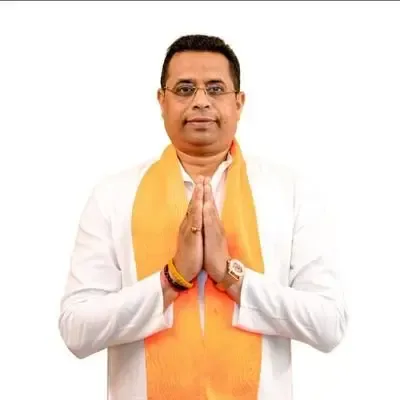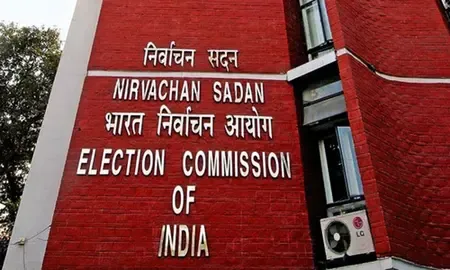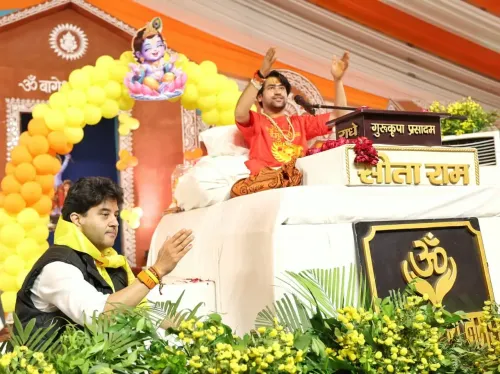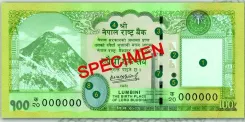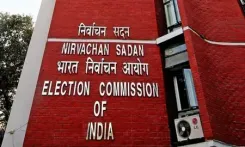Why Did GRAP-3 Get Revoked Despite Pollution Concerns?

Synopsis
Key Takeaways
- GRAP-3 restrictions have been revoked despite rising pollution levels.
- Gopal Rai criticizes the government for its handling of air quality management.
- Concerns about data transparency in pollution monitoring have been raised.
- Current measures now revert to Stage-2 restrictions.
- The government faces criticism for prioritizing politics over public health.
New Delhi, Nov 27 (NationPress) AAP leader Gopal Rai expressed his discontent with the government’s choice to lift Stage-3 restrictions under the Graded Response Action Plan (GRAP) in the Delhi-NCR region, suggesting that this decision was made even as air quality continued to deteriorate.
This development follows the Commission for Air Quality Management (CAQM) retracting Stage-3 measures on Wednesday, citing data that indicated improvement over the previous days. However, Rai deemed this choice as unjustifiable and raised questions regarding the transparency of pollution monitoring data.
In an interview with IANS, Gopal Rai stated, “The manner in which the BJP government is managing pollution raises numerous concerns. A critical question has arisen — if today’s pollution levels are higher than yesterday’s, why was GRAP-3 revoked? Today's AQI is exceeding that of yesterday, yet Stage-3 restrictions were lifted. GRAP-3 was in effect when pollution levels were lower.”
Rai contended that easing restrictions during a time when pollution typically surges is reckless.
“This is the first occurrence of rising pollution levels in winter in Delhi, yet restrictions are being diminished. The government should be focused on mitigating pollution instead of misrepresenting data. This constitutes a humanitarian crime against the residents of Delhi, who are enduring health repercussions,” he stated.
He further accused the government of manipulating statistics rather than confronting the crisis.
“Air purifiers in Delhi are out of stock, and hospitals are experiencing an increase in respiratory ailments. The government is failing to take action and is instead concealing the data. Even if they cannot manage pollution, manipulating numbers is unethical,” Rai added.
On Wednesday, CAQM mentioned a steady enhancement in air quality while proclaiming the withdrawal of Stage-3 restrictions. Consequently, Delhi will now operate under Stage-2 measures.
During the winter months, Delhi-NCR adheres to a graded protocol based on air quality levels — Stage 1 (Poor, AQI 201-300), Stage 2 (Very Poor, AQI 301-400), Stage 3 (Severe, AQI 401-450), and Stage 4 (Severe Plus, AQI above 450).
Delhi Environment Minister Manjinder Singh Sirsa stated that with the removal of Stage-3 restrictions, the 50 percent work-from-home mandate for offices and hybrid modes for schools have been terminated.
Stage-3 restrictions included a prohibition on non-essential construction, stone crushing, mining, and the operation of older diesel goods vehicles. Under the updated regulations, only Stage-2 restrictions will remain in effect across Delhi-NCR.

